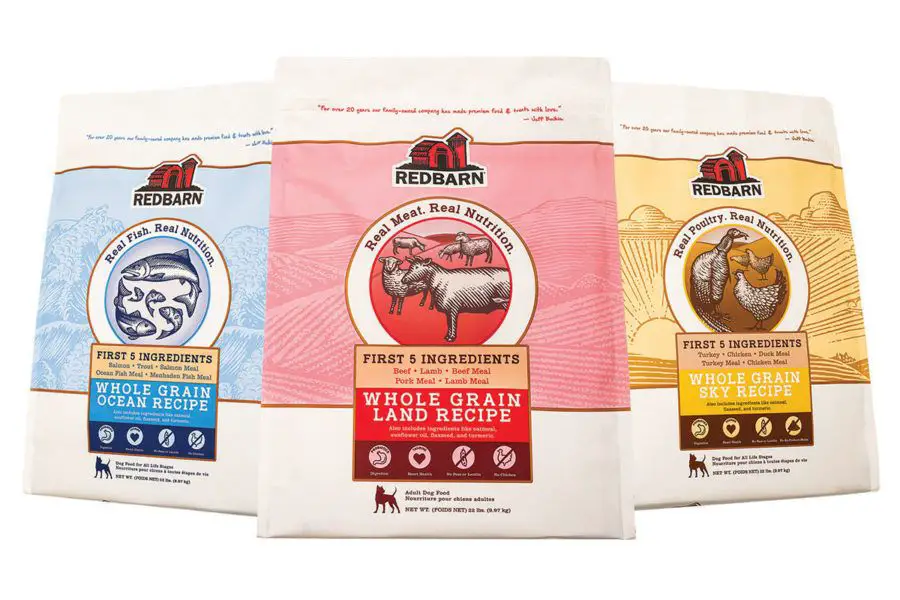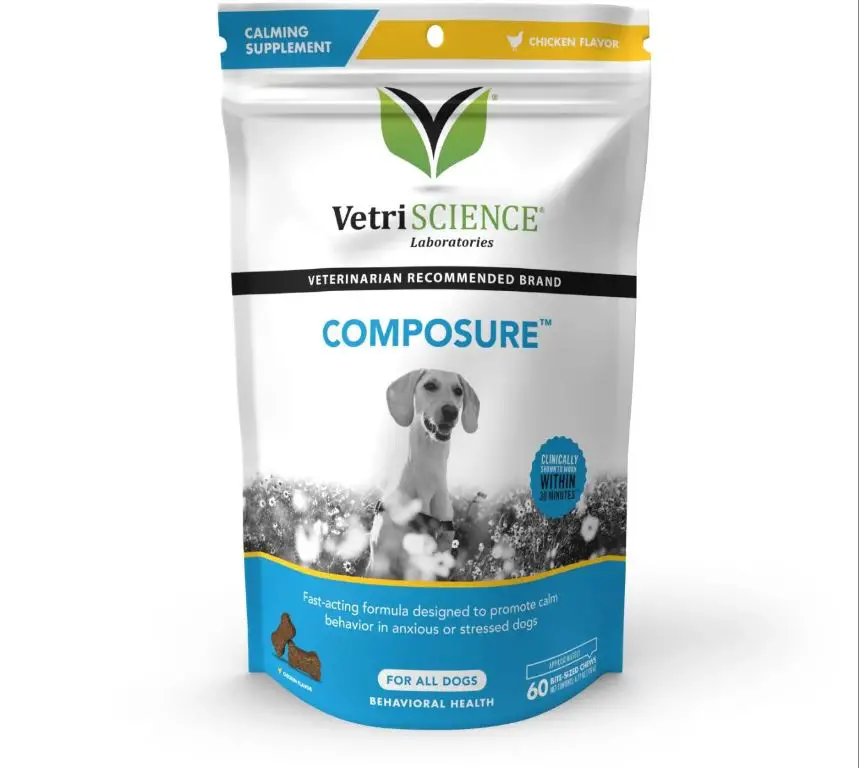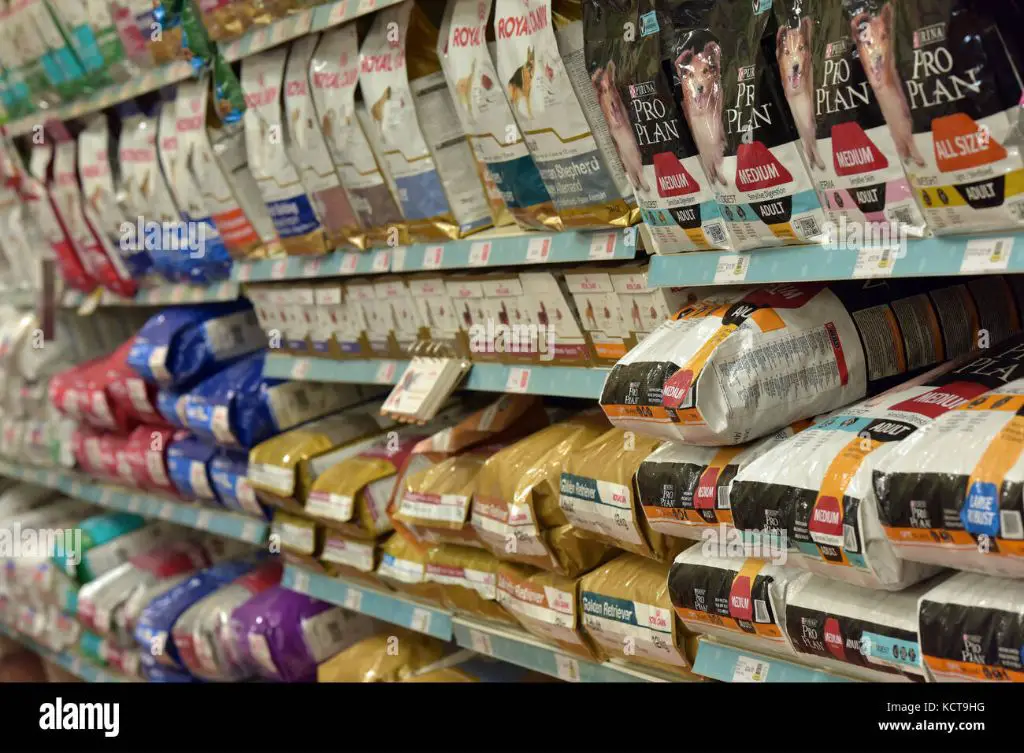Introduction
Pitbulls are an energetic and muscular breed that require a nutrient-dense diet to stay healthy. Their large muscle mass and medium-to-high activity levels mean they need diets high in protein and healthy fats. However, finding an affordable food that meets their nutritional needs can be challenging.
As with any breed, pitbulls have specific dietary requirements. They typically do best on diets containing over 20% protein from quality animal sources. Their food should also contain healthy fats like chicken fat or fish oil to support skin health. Pitbulls also require balanced calcium and phosphorus for proper bone development.
This guide will cover how to select the most nutritious and budget-friendly dog food for your pitbull based on their macronutrient needs.
Protein
Protein is arguably the most important nutrient for pitbulls. As muscular, high-energy dogs, pitbulls require a diet high in high-quality protein to maintain their activity levels and muscle mass (1). Adult pitbulls need a minimum of 18% protein in their diet, while growing puppies require 22-32% protein to support development (2).

Animal-based proteins like chicken, beef, fish and egg are ideal, as they provide complete proteins containing all the essential amino acids. Plant-based proteins like soy, peas and potatoes are lower quality and less bioavailable for dogs. When reviewing dog foods, prioritize options with multiple animal-based protein sources near the top of the ingredients list (3).
Feeding inadequate protein can result in muscle wasting, lethargy, slow growth and other health issues in pitbulls. Providing sufficient high-quality protein supports metabolism, energy, immunity and overall health in this active breed.
Sources:
(1) https://www.thehonestkitchen.com/blogs/pet-food-ingredients/best-food-for-pitbulls
(2) https://pitbullscare.com/best-high-protein-dog-food-for-pitbulls/
(3) https://www.loveyourdog.com/pitbull-feeding-chart/
Fat Content
An appropriate fat content for pitbulls is around 15-25% of their total caloric intake, according to The Honest Kitchen. This provides the energy and nutrients they need without leading to obesity.
Fat is an important macronutrient for pitbulls. It provides over twice the energy of carbs or protein and helps dogs absorb fat-soluble vitamins like A, D, E and K. Omega-3 and omega-6 fatty acids found in fish, plant oils and other ingredients also support skin health, immune function, and joints.
However, too much dietary fat can lead to issues like pancreatitis according to PetMD. Over 25% fat content may provide excessive calories. Obesity stresses joints and organs and shortens lifespan.
When evaluating fat content, also consider the quality of fats used. Whole food fats like chicken fat are better absorbed than rendered meat meals. Plant-based oils provide important omega fatty acids missing from meat-based foods.
Carbohydrates
Carbohydrates provide dogs with energy and fiber. However, not all carbs are equal when it comes to nutrition. Some carbs like whole grains are healthy sources, while others like corn, wheat, and soy act more like fillers with little nutritional value (Source).

Look for carbohydrates like brown rice, oatmeal, quinoa, sweet potatoes, and barley in the first few ingredients of pit bull food. These complex carbs will provide lasting energy. Avoid fillers like corn, wheat, soy, and white potatoes that simply add bulk without nutrients (Source).
The total amount of carbs should make up no more than 45% of your pit bull’s diet. Focus on quality whole grains rather than processed starches as the main source of carbohydrates.
Micronutrients
Pitbulls need a variety of vitamins and minerals to stay healthy. Some of the most important micronutrients for pitbulls include:

- Vitamin A – Supports vision, reproduction, immune function, and skin/coat health.
- Vitamin D – Aids bone formation and calcium absorption.
- Vitamin E – Provides antioxidant support to boost immunity.
- Calcium – Needed for strong bones and teeth.
- Phosphorus – Works with calcium to build strong bones.
- Iron – Carries oxygen in the blood to muscles and organs.
- Zinc – Supports skin/coat health and the immune system.
- Copper – Required for iron absorption and nerve function.
- Manganese – Involved in bone formation, metabolism, and nerve function.
- Selenium – Has antioxidant properties to reduce cell damage.
Getting the right balance of these micronutrients supports overall health and prevents deficiency-related issues in pitbulls like skin problems, impaired immunity, digestive upset, lethargy, and bone disorders.
Ingredients to Avoid
When choosing a dog food for your pitbull, it’s important to avoid certain low-quality ingredients that can be problematic. Three main ingredients to avoid are:
Corn – While corn is a common filler ingredient in many cheap dog foods, it offers limited nutritional value for dogs. Corn is also linked to food allergies in some dogs.
Wheat – Like corn, wheat is another cereal grain filler that can trigger allergic reactions in some dogs. Wheat also contains gluten, which is difficult for some dogs to digest.
By-products – By-products are leftover meat scraps like bones, hooves, and low-quality meats. While they provide protein, they lack the healthy muscle meat that dogs need. By-products can also be from mystery meat sources.
According to pet care experts, the best dog foods for pitbulls avoid these low-quality fillers and by-products. Instead, they use high-quality proteins like chicken, beef, fish and eggs as the first ingredients. It’s also wise to avoid artificial additives like colors, flavors and preservatives.
Sources:
https://www.allthingsdogs.com/best-dog-food-for-pitbulls/
Special Diets
Pit Bulls may require specialized diets at certain life stages or if they have specific health conditions.
Pit Bull puppies need diets tailored for growth and development. Look for a puppy formula with at least 22% protein and 8% fat. The first ingredients should be a high-quality animal protein source like chicken, beef, or fish. Avoid filler ingredients like corn, wheat, and soy. Small, frequent meals are ideal for puppies.
For senior Pit Bulls, choose a formula designed for aging dogs with lower calories, higher protein, and ingredients for joint health like glucosamine and chondroitin. Senior dogs may benefit from omega-3 fatty acids for brain health. Monitor organ function with regular vet checkups.
Some Pit Bulls suffer from food allergies or intolerances. If your dog has itching, ear infections, or digestive issues, try a limited ingredient diet made with an uncommon protein like duck, venison, or kangaroo. Elimination diets and tests can help identify problem ingredients. Talk to your vet.
Always follow your vet’s recommendations if your dog requires a therapeutic diet for conditions like kidney disease, cancer, or pancreatitis. Proper nutrition supports health and longevity.
Affordable Brands
When looking for a quality dog food on a budget, some great affordable brands for pitbulls include:

- Purina ONE SmartBlend – Provides quality protein and nutrients without artificial preservatives. Around $1.50 per pound.
- Diamond Naturals – Features formulas with real meat as the first ingredient. Usually under $1 per pound.
- Nutro Wholesome Essentials – Offers grain-free recipes full of natural ingredients. Approximately $1.60 per pound.
- Pedigree Complete Nutrition – A trusted brand that contains no high fructose corn syrup. Under $1 per pound.
While inexpensive, these brands still provide quality nutrition including sufficient protein, healthy fats, and nutrients. Check labels to ensure the first ingredient is real meat and ingredients are natural.
Buying Tips
When buying dog food for your Pitbull, here are some tips to keep in mind:
Shop at pet stores or online retailers like Chewy.com that specialize in pet food, as they tend to have the widest selections and best prices on quality dog foods (Chewy.com, 2022). Avoid generic brands from supermarkets, which are often low in nutrients.
Look for deals on reputable brands. Consider signing up for autoship from retailers like Chewy.com to save up to 30% off your regular orders. This can make premium foods more affordable long-term.
Stick to standard portion sizes based on your Pitbull’s weight, age, and activity level, as overfeeding can lead to obesity. Follow feeding guidelines on the package but use your judgment based on your dog’s condition. Very active or fast-growing dogs may need slightly larger portions.
Divide daily portions into 2-3 meals rather than leaving food out at all times. This will help prevent overeating and make it easier to monitor how much your dog is consuming.
Conclusion
To summarize, when looking for an affordable, high-quality dog food for your pitbull, be sure to consider the following key points:
- Look for foods with at least 18% protein from animal-based ingredients.
- Aim for no more than 15% fat content.
- Choose low-glycemic carbohydrates like brown rice and sweet potatoes.
- Check for important vitamins, minerals, and omega fatty acids.
- Avoid fillers, by-products, artificial preservatives, colors, and flavors.
- Read labels carefully and look for quality within your budget.
- Popular affordable brands include Purina, Iams, Nutro, and Diamond.
- Compare prices online and in-store to find the best deals.
By keeping these tips in mind, you can provide your pitbull with balanced nutrition on a budget. The right dog food will fuel their energetic lifestyle while supporting muscle growth and overall health.
